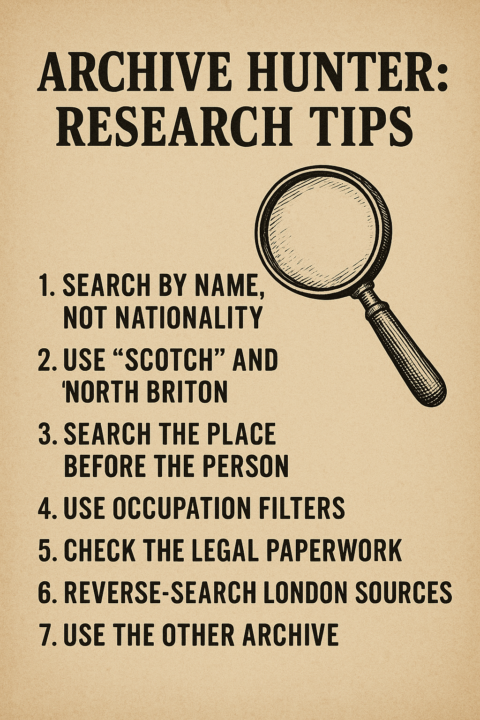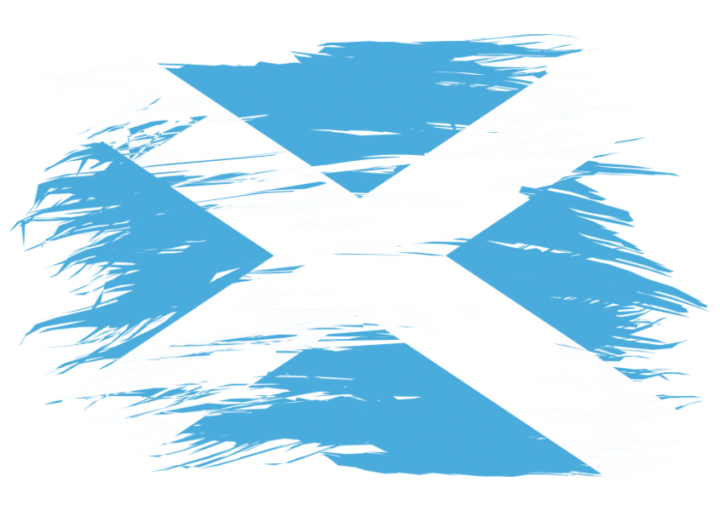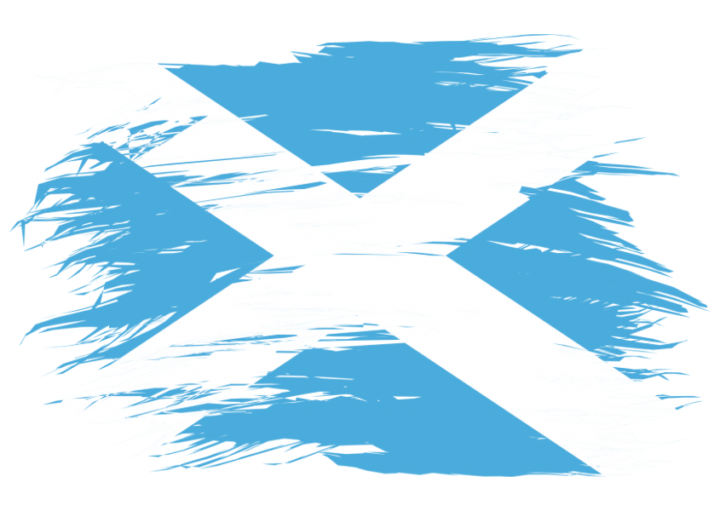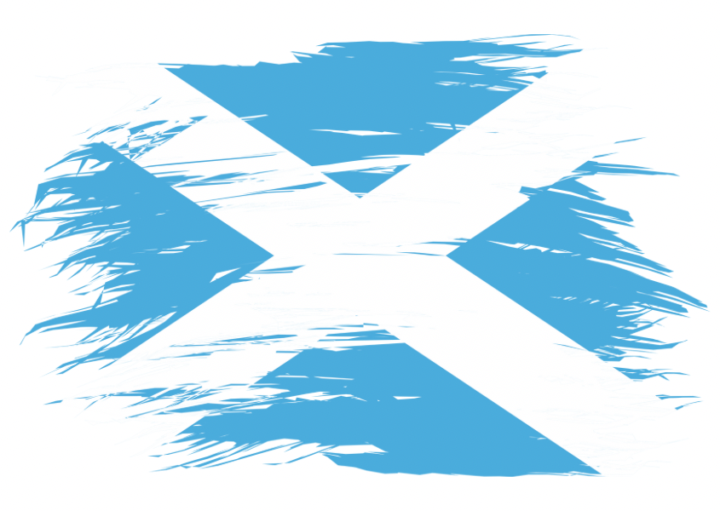Activity
Mon
Wed
Fri
Sun
Feb
Mar
Apr
May
Jun
Jul
Aug
Sep
Oct
Nov
Dec
Jan
What is this?
Less
More
Owned by Laura
Debate it. Learn it. Shape it. The Indy Exchange is Scotland’s space to dig into the who, what, when, where and why of independence.
Neurodivergent-led learning for life. Courses, guides & support for unmasking, self-regulation, home ed, & life skills built for ADHD, autism & beyond
Memberships
Anxiety Academy
13 members • Free
Moms of Autistic Teens
16 members • Free
Autism Parent Hub
157 members • Free
ADHD & Autism Action Group
99 members • Free
NoBrainer Ambitious ADHDers
31 members • Free
ADHD - Working From Home
39 members • Free
ADHDo it Club
338 members • Free
Skool Speedrun (Free)
11.8k members • Free
Skoolers
190k members • Free
38 contributions to Scottish Indy Exchange
Messenger chats
Does anyone know (or is admin of) what’s going on with the Indy community group chats in messenger? Clearly it hasn’t been deleted but most are paused. Can they be unpaused so we can get back to our regular scheduled debates?
SCOTTISH ARCHIVE HUNTER CHALLENGE
Over the next two weeks I don’t have as much time for research & writing as I’d like, so I wanted to leave you all a bit of a challenge in my partial absence. This will also help us build our Northern Archives Library here on Skool. Details are as follows: 12 missions. Two weeks. Zero complacency. These tasks are designed to send you down purposeful rabbit holes, uncover hidden Scottish history, and help us build a community-sourced evidence library. RULES (short, strict, necessary) 1. Cite your sources. Screenshots, archive links, PDF page numbers, photographs, catalogue IDs — whatever you find, back it up. 2. Fact-check before posting. If a claim sounds spicy, verify it twice. If a source feels dodgy, treat it as suspect until proven otherwise. 3. Keep posts concise. What you found, why it matters, and where you found it. 4. Debate respectfully. We’re here to sharpen knowledge, not each other’s throats. 5. No conspiracy filler. Stick to evidence, not vibes. THE 12 MISSIONS 1. Follow the Bribes Find original lists, letters, or records naming who was paid during the 1707 Union negotiations and how much. 2. The Voices They Muted Locate any speeches, letters, or petitions from Scots who opposed the Union — and note where they vanished from the mainstream record. 3. The Last Parliament Dig up surviving documents from the last independent Scottish Parliament: motions, debates, attendance, anything. 4. The Censored Press Track Scottish printing presses, newspapers, or pamphlets that were shut down, restricted, or censored between 1680–1750. 5. Letters from the Colonies Find one Scottish voice in any colonial archive (Jamaica, India, Canada, Australia) and extract what they were doing there. 6. Cumberland’s Instructions Hunt for orders, letters, or first-hand accounts from the aftermath of Culloden. Compare “official” British claims with on-the-ground testimony. 7. The Not-Empty Glens Choose a Highland area and find hard evidence of its pre-Clearance population (rent rolls, kirk records, tenant lists, cattle counts).
1
0

Misfiled Voices
People like to say “the nationalists are at it again,” as if caring about your own country were a fault to be explained away. But Scottish independence isn’t about grievance or grandeur. It’s about the simple right to call what’s ours ours — our voice, our history, our future. For centuries, Scotland’s story has been filed under someone else’s heading. The records are there — ledgers and letters, ship manifests and plantation accounts — marked “British West Indies” or “British Empire,” even when the names written in them were our own. Those signatures belonged to Scots who lived, worked, built, suffered and survived. Yet their story, like ours, was absorbed until Scotland itself became a sub-clause in someone else’s history. Independence, for many of us, isn’t rebellion. It’s restoration. It’s not about walking away from anyone; it’s about walking back toward ourselves. To reclaim the right to speak in our own voice, to write our own record, and to be answerable to the people who live here — not to a government that treats Scottish confidence as insolence. Pride in your own country shouldn’t be an insult. Ownership of your own story shouldn’t need defending. Independence, in the end, is not about separation — it’s about self-respect.
2
0

Economy & Resources
We talk a lot about whether Scotland could afford independence but rarely about what we already pay for it. Scotland produces energy, exports food, manages world-class research, and holds natural wealth that many independent nations would envy. Yet decisions about how those resources are used (and who profits from them) are still made elsewhere. So let’s ask honestly: - What does Scotland already have that would make an independent economy strong? - What do we still rely on Westminster for — and is that reliance real, or political theatre? - If you could redirect one major Scottish resource entirely under Holyrood’s control, what would it be? - As an independent country, where would you pull focus – which industries would you like to see developed, and why?

Question time 🕰️
1. “If Scotland were already independent, what’s one policy or law you’d keep exactly as it is — and one you’d scrap on day one?” 2. “How do you think the idea of sovereignty has changed since 2014? Has social media helped or harmed Scotland’s political awareness?” 3. “If we measured independence not in votes but in confidence, where do you think we are right now: 30%, 60%, or higher?” 4. “What does ‘the Union’ actually give Scotland that we couldn’t replicate ourselves?” 5. “Is independence about economics, democracy, or identity, and which one should be leading the argument?” Let’s open this up for some real conversation, not slogans, not party lines, just honest thought. These questions aren’t about convincing anyone, they’re about exploring what independence actually means in 2025. Where are we as a nation, what have we learned since 2014, and what would we do differently if the choice were ours today? What would YOU do differently?
1
0

1-10 of 38
@laura-lewis-8920
Tools, support & self-study for ND minds. Learn your way, unmask with ease, and build a life that actually fits. Real talk, no fluff.
Active 11d ago
Joined Sep 16, 2025

